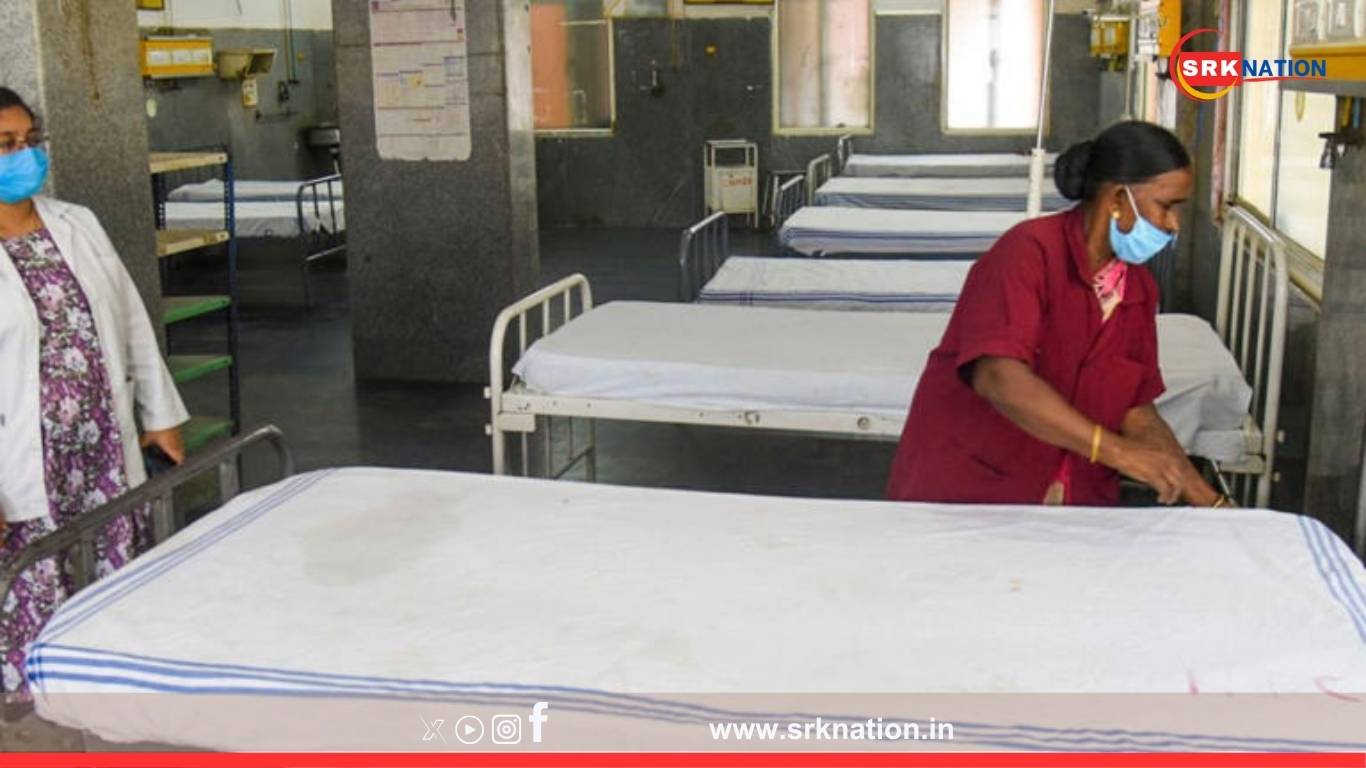Ever since mass vaccination drives began worldwide in late 2020, concerns have emerged about potential side effects of COVID-19 vaccines, including their impact on the heart. Questions such as “Can COVID-19 vaccines cause heart attacks?” and “Who is at risk?” continue to trend on social media and among patients visiting cardiology clinics. Here is an evidence-based, comprehensive overview to clarify facts from fear.
Understanding COVID-19 Vaccines and Their Mechanism
COVID-19 vaccines, whether mRNA-based (Pfizer-BioNTech, Moderna), vector-based (Covishield, Sputnik V), or inactivated virus-based (Covaxin, Sinopharm), work by priming the immune system to recognise and fight the SARS-CoV-2 virus. They do not contain live virus capable of causing COVID-19 infection but rather generate an immune memory to prevent severe disease if exposed later.
Global Scientific Consensus on Safety
Leading health bodies including the World Health Organization (WHO), Centers for Disease Control and Prevention (CDC), and Indian Council of Medical Research (ICMR) maintain that COVID-19 vaccines are safe and effective. Millions of doses administered globally have prevented hospitalisations and deaths, far outweighing rare adverse effects.
Reports Linking Vaccines to Cardiac Events
- Myocarditis and Pericarditis:
Rare cases, particularly in young males, of myocarditis (heart muscle inflammation) and pericarditis (lining inflammation) have been reported after mRNA vaccines. Most were mild and resolved with treatment. - Heart Attacks (Myocardial Infarction):
Current scientific data shows no causal link between COVID-19 vaccines and heart attacks. However, vaccine-related anxiety or post-vaccine fever can sometimes unmask underlying heart disease, especially in elderly or high-risk patients. - Blood Clotting Concerns:
Some vector vaccines (e.g. AstraZeneca’s Covishield) were associated with extremely rare cases of vaccine-induced thrombotic thrombocytopenia (VITT). These were not typical heart attacks but clotting disorders, with a prevalence of approximately 1 per 100,000 doses.
Cardiologists’ Perspectives
Dr. Upendra Kaul, Chairman, Batra Heart Centre:
“There is no scientific basis to say vaccines cause heart attacks directly. Patients with existing heart disease should take vaccines as protection from COVID-19, which itself increases heart attack risk manyfold.”
Dr. Priya Nair, Cardiologist, Chennai:
“We see many elderly patients presenting with chest pain after vaccination, but investigations usually reveal pre-existing coronary blockages or unrelated gastritis.”
Incidence Rates of Cardiac Events Post-Vaccination
| Vaccine Type | Reported Myocarditis Cases (per million doses) | Reported Heart Attack Cases Attributed to Vaccine |
|---|---|---|
| mRNA (Pfizer/Moderna) | 12-35 (mostly in young males) | No proven direct causation |
| Vector-based (Covishield) | <1 (rare VITT clotting events) | No proven direct causation |
| Inactivated (Covaxin) | Negligible | No proven direct causation |
(Data compiled from WHO, CDC, Lancet reviews, ICMR safety reports)
Why Do Such Fears Persist?
- Temporal Association Misinterpretation:
Heart attacks occur commonly in the elderly population. If one occurs days after vaccination, it may be incorrectly attributed to the vaccine rather than underlying atherosclerosis or risk factors. - Misinformation and Social Media Amplification:
Viral WhatsApp messages and posts without scientific verification often create panic by linking unrelated cardiac events to vaccines. - Vaccine Hesitancy Amplifiers:
Anti-vaccine groups globally have used cardiac risk fears to spread vaccine hesitancy, despite lack of evidence.
COVID-19 Infection vs Vaccine Risk: A Comparative Analysis
| Risk Factor | COVID-19 Infection | COVID-19 Vaccine |
|---|---|---|
| Heart attack trigger | High (infection increases clotting, inflammation, stress on heart) | No direct causation proven |
| Myocarditis | 11 times higher than post-vaccine | Rare, mild, self-limiting post-vaccine |
| Blood clots | High in severe COVID | Extremely rare with vector vaccines |
| Overall cardiac death risk | Significantly increased | No significant increase |
Advisory for People With Heart Conditions
The Indian Heart Association (IHA) advises:
- Patients with hypertension, diabetes, or coronary artery disease should get vaccinated at the earliest to reduce risk of severe COVID complications.
- If you have recently had a heart attack or cardiac surgery, consult your cardiologist to decide optimal vaccine timing during recovery.
- Post-vaccine chest pain lasting beyond 15-20 minutes, especially with sweating or breathlessness, should be evaluated to rule out underlying heart disease.
- Maintain hydration, avoid exertion on day of vaccination, and monitor any unusual symptoms.
Recent Research Updates
A 2024 meta-analysis published in The Lancet involving 42 studies worldwide concluded:
- No statistically significant increase in myocardial infarction risk post COVID-19 vaccination.
- Overall cardiovascular benefits outweigh risks, as vaccines reduce COVID-19 infection, which itself is a major trigger for cardiac events.
Key Myths Debunked
| Myth | Fact |
|---|---|
| Vaccines cause heart attacks in young healthy people | No evidence. Heart attacks are extremely rare in young unless genetic predisposition exists |
| COVID vaccines weaken the heart permanently | Vaccines do not damage heart muscle. Myocarditis cases are rare and recover completely |
| Blood thinners prevent vaccine side effects | Blood thinners are for pre-existing conditions; no role in preventing side effects |
| Natural immunity is safer for the heart than vaccines | COVID-19 infection poses far greater cardiac risks than vaccines |
Global Regulatory Position
- WHO: Vaccines are safe, myocarditis cases rare and mild, benefits far outweigh risks.
- US FDA: No change in vaccination guidelines despite myocarditis reports.
- EMA (Europe): Continues recommending vaccines across all age groups with monitoring for rare side effects.
Conclusion
Current evidence clearly shows COVID-19 vaccines do not cause heart attacks. Rare myocarditis cases post-mRNA vaccines are mild, treatable, and far less dangerous than cardiac risks from COVID-19 infection itself. For those with existing heart disease, vaccination remains crucial to prevent severe illness and cardiac complications associated with COVID-19.
Final Advice
Always discuss vaccine concerns with your cardiologist, avoid misinformation, and prioritise your overall heart health through lifestyle measures alongside vaccination.
Disclaimer: This news report is based on peer-reviewed scientific studies, expert cardiology opinions, and global health guidelines. It is intended for public information and does not replace medical consultation.











